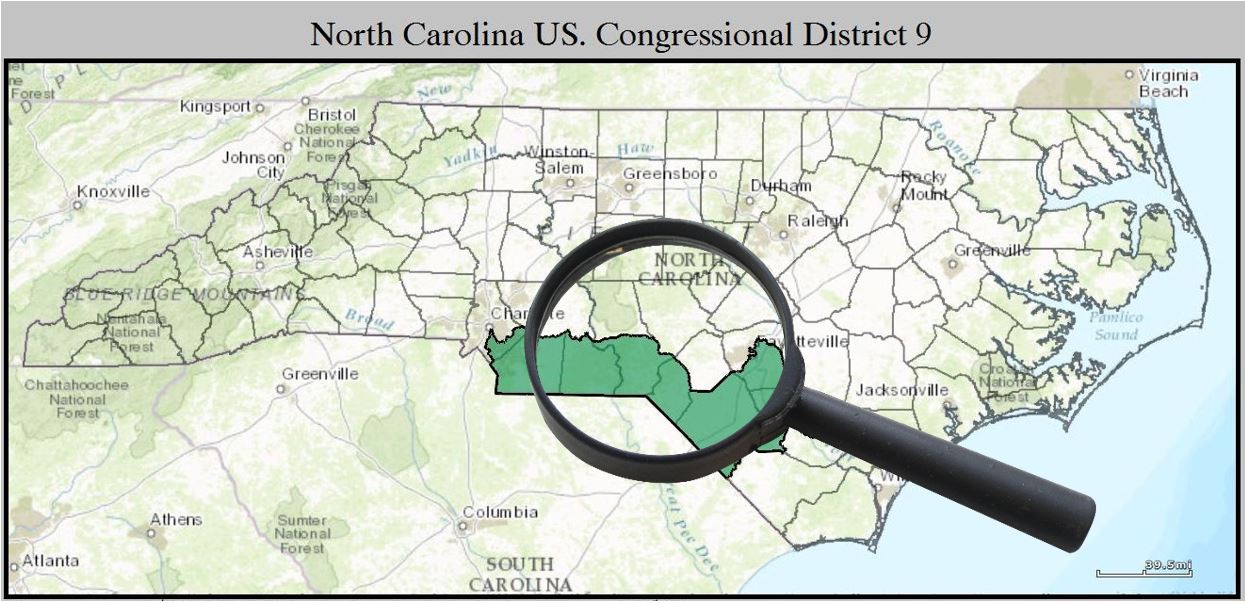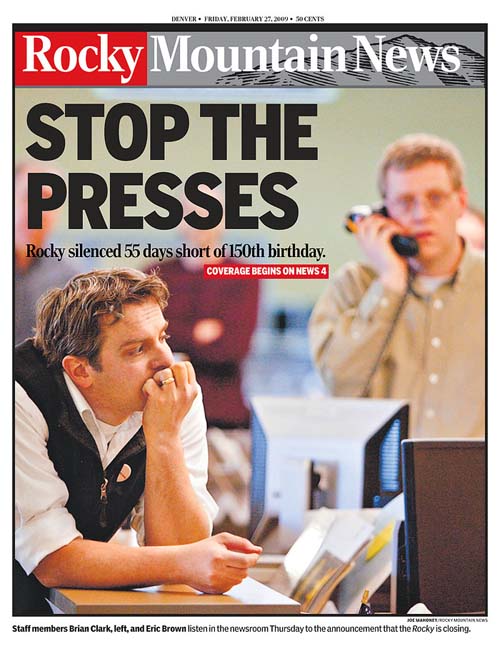Authors:
Historic Era: Era 10: Contemporary United States (1968 to the present)
Historic Theme:
Subject:
Spring 2019 | Volume 64, Issue 2


Authors:
Historic Era: Era 10: Contemporary United States (1968 to the present)
Historic Theme:
Subject:
Spring 2019 | Volume 64, Issue 2
The author and her team of researchers at the University of North Carolina have compiled a database of 9,000 newspapers across the U.S. and published important new research on the loss of local journalism and the growth of what they call "news deserts.”
We asked Prof. Abernathy, a former reporter for The Wall Street Journal and New York Times, to provide us with a summary of her findings on these historic trends. —The Editors

North Carolina election officials recently heard testimony that Mark Harris, the candidate who had apparently won a seat in the U.S. Congress, benefited from a “coordinated, unlawful, and substantially resourced" effort to stuff ballots in Bladen County.
The scandal received widespread coverage in the press, but what went largely unnoticed was the fact that the election fraud had been discovered by Mark Bitzer, a professor of political science in another part of the state, who was curious about anomalies in the election returns — not by local journalists performing their role as political watchdogs. In fact, there was no longer a single reporter assigned to cover elections in Bladen County, where the fraud occurred, despite there having been five investigations of electoral irregularities there since 2010.

As with Bladen County, there has been a widespread reduction of journalistic resources across the U.S. Our research team at the University of North Carolina has been studying the loss of newspapers since 2004 and built a database of more than 9,000 newspapers to drill down to the county level to understand how the news landscape in each of our 50 states has changed, and the implications this has for their communities. By documenting the shifting news landscape and evaluating the threat of media deserts, our reports seek to raise awareness of the role each of these interested parties can play in addressing the challenges confronting local news and democracy.
From our very beginnings as a nation, newspapers have played a vital role in building community. Strong newspapers fostered a sense of geographic identity and in the process nurtured social cohesion and grassroots political activism. The stories and editorials they published helped set the agenda for debate of important issues, influence the policy and political decisions we made, and build trust in our institutions. The advertisements they carried drove local commerce